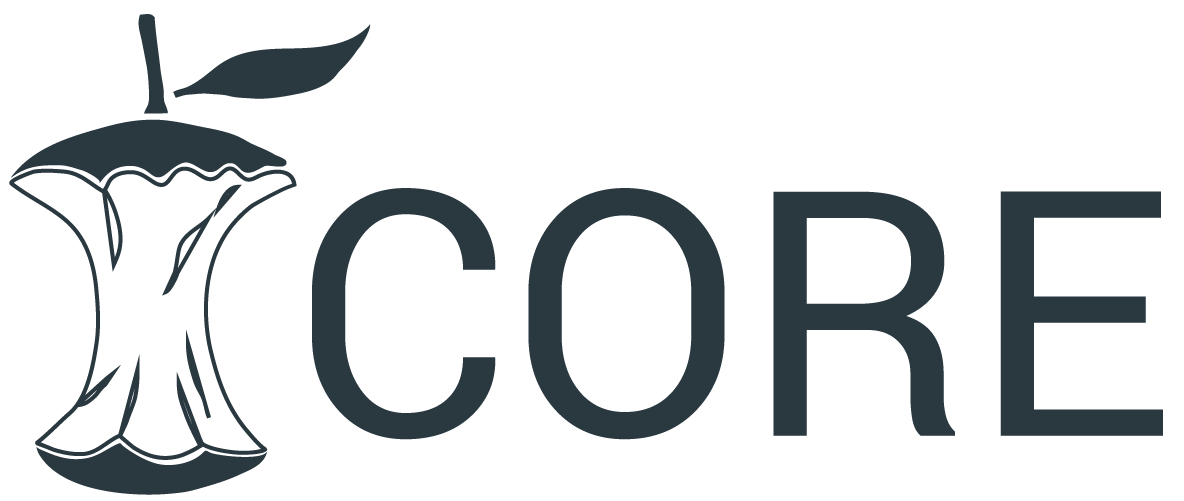Comparative study of the effect of organic and inorganic fertilization on the growth and productivity of the Chili pepper crop (Capsicum annuum)
Synopsis
Fertilizers are made from organic or inorganic materials added to cropping systems to supply one or more essential nutrients. Inorganic fertilizers promote optimal plant development by providing nutrients in readily available forms, while organo-mineral fertilizers offer a sustainable alternative to enhance agricultural productivity by preserving soil quality and being accessible to smallholders. This study aimed to compare the effects of organic, inorganic, and mixed fertilization on the growth and productivity of the chili pepper crop (Capsicum annuum) in soils from Carabobo State, Venezuela. A completely randomized block design was used with four treatments: control (T0, Bocashi), organic (T1, humic acids), inorganic (T2, NPK formulations), and a 1:1 mixture of organic and inorganic fertilizers (T3). The evaluated variables included physical, chemical, and biological soil properties, biometric parameters of the crop, and productivity. Results showed that all treatments significantly improved soil conditions compared to the initial state. Treatment T3 was the most effective in increasing organic matter content, moisture retention capacity, and cation exchange capacity, also promoting greater plant height and stem diameter, as well as a higher number of fruits per plant. T0 and T1 stood out in increasing soil basal respiration, indicating higher microbial activity. In terms of productivity, T0 showed the highest value (1.53 kg/ha), followed by T3 (1.46 kg/ha), while T1 had the lowest productivity (1.09 kg/ha). It is concluded that the combination of organic and inorganic fertilization optimizes nutrient availability and improves both soil and crop growth conditions, contributing to more sustainable and efficient agricultural practices.
Published
Series
Online ISSN
Categories
License

This work is licensed under a Creative Commons Attribution-NonCommercial-ShareAlike 4.0 International License.










